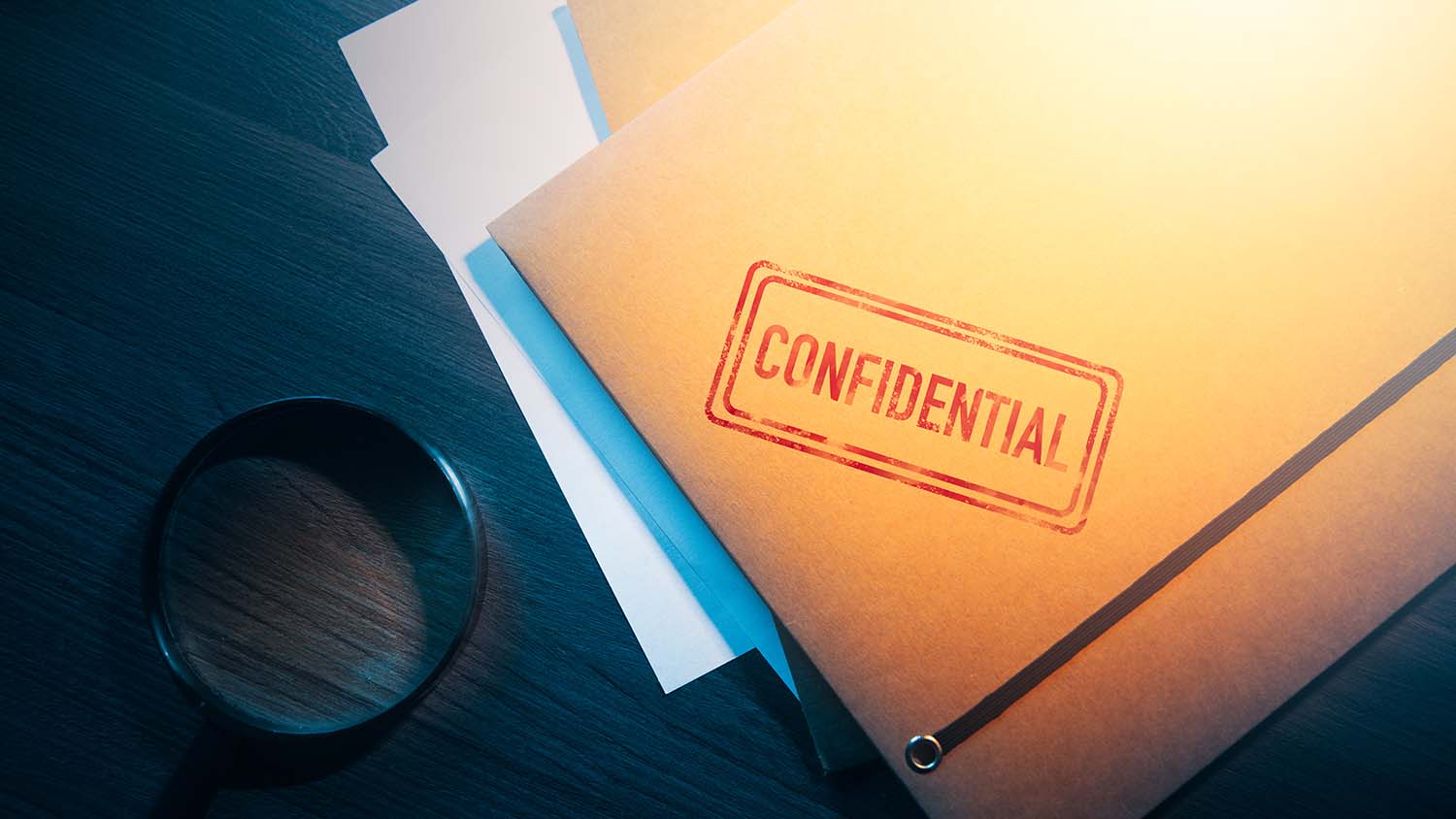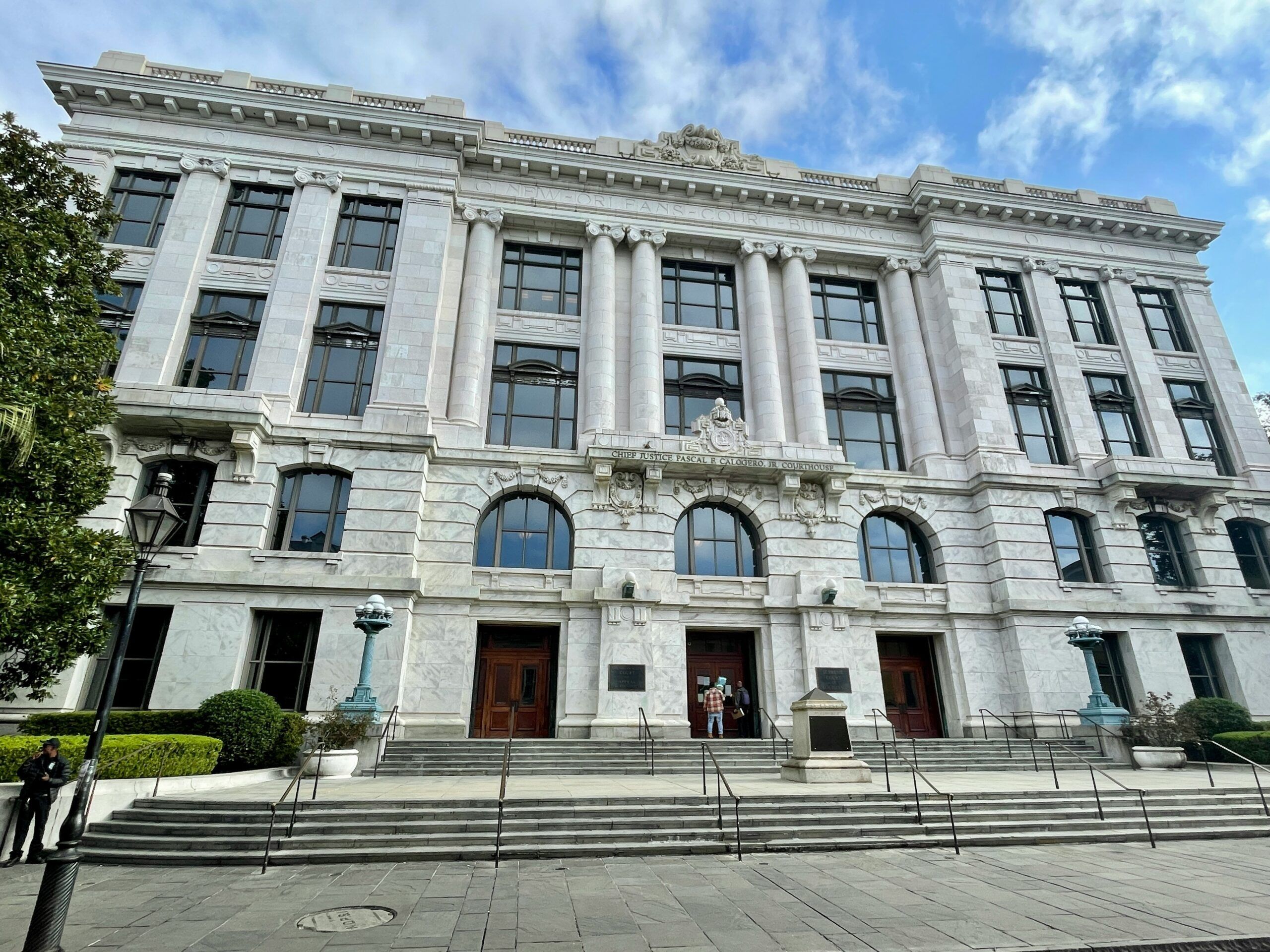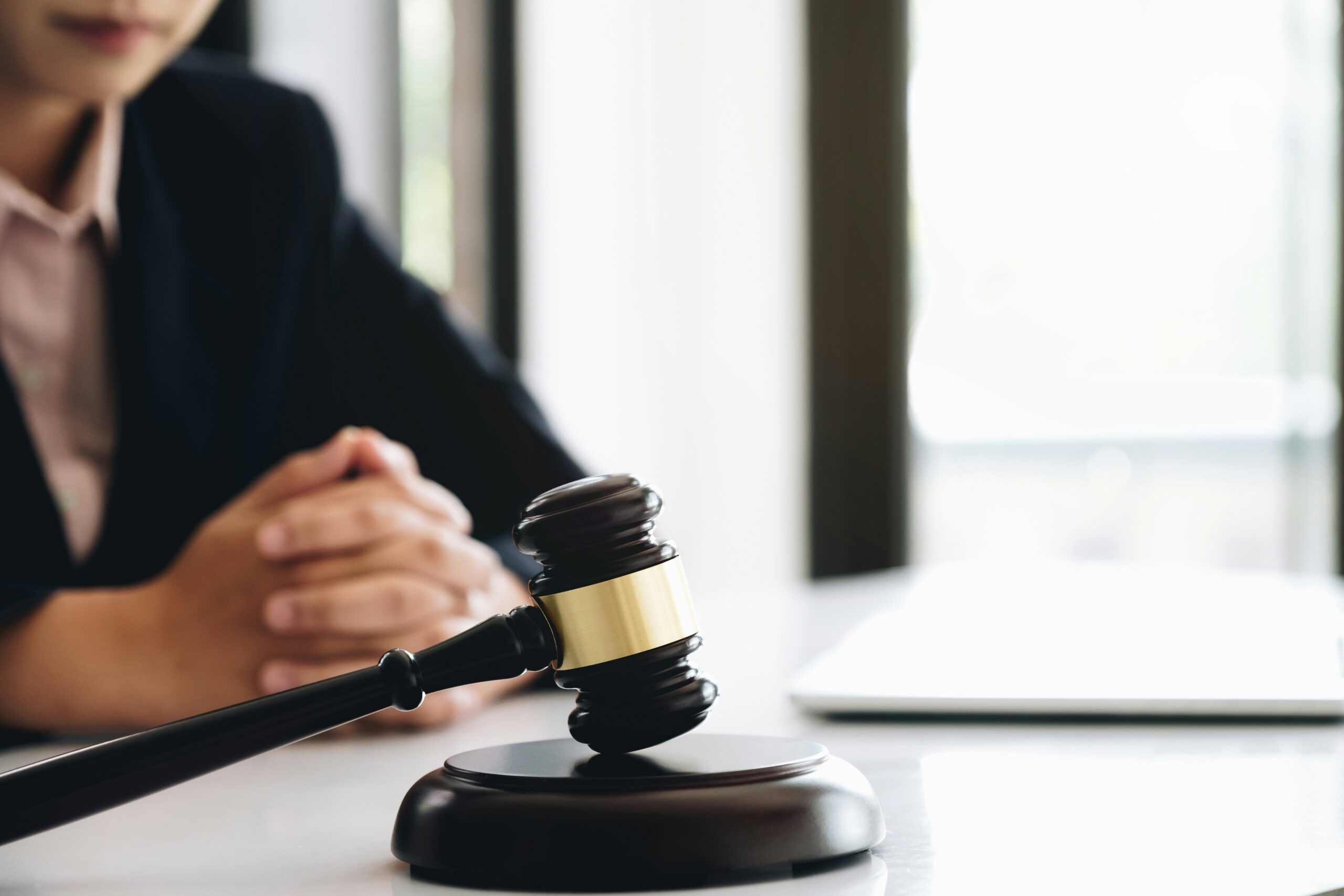FEATURE ARTICLE: The U.S. Supreme Court’s Confidentiality Breach
Author: Dr. Michael H. Hoeflich
This article is featured in Volume 5, Number 6 of the Legal Ethics and Malpractice Reporter.
It seems that the Supreme Court is in the media more and more these days—and not only for its decisions. For the second time in just a few months, a draft opinion of the Court was leaked—this time onto the Court’s own website. It does seem like an extraordinary coincidence that it has happened twice on the same subject: abortion. Indeed, there are few topics in current American society that are more controversial and about which people’s passions run higher than that of abortion law. Many lawyers and court watchers suspect both leaks were deliberate. However, even if it one or both were inadvertent, one must ask what the ethical aspects of leaking Supreme Court documents should be.
A simple observation—that many of the Court personnel are lawyers—provokes two questions:
- What if the origin of the leak is a licensed attorney (other than the Justices themselves)?
- What would be the ethical consequences of leaking these draft opinions?
If a licensed attorney intentionally made these leaks, this would surely constitute a breach of Rule 1.6 in any of its variants. In Kansas, the rule states:
A lawyer shall not reveal information relating to representation of a client unless the client consents after consultation, except for disclosures that are impliedly authorized in order to carry out the representation, and except as stated in paragraph (b).
This basic rule is virtually the same in every jurisdiction. As 1.6(a) states, there are different exceptions, but it is hard to see that any would apply to leaking a Supreme Court draft brief. No jurisdiction permits the revelation of confidential information in service of political or religious beliefs.
The clerks and other attorney court employees could reasonably argue that the Justices and the Court are not clients, meaning the breach would not be subject to Rule 1.6. However, even if clerks are not subject to Rule 1.6, they are subject to the Handbook of Ethics for Federal Judicial Clerks, which states:
It is always important to observe your judge’s specific requirements about the confidentiality of your court work and chambers discussions. You should find out exactly how your judge wants you to
- deal with the press, including
- restrictions on communications with the press
- procedures to follow when contacted by the press
- the availability of written guidelines for press inquiries
- deal with counsel, including
- restrictions on communications with counsel
- procedures to follow when contacted by counsel
- handle case-related discussions with court staff who do not work in your judge’s chambers, including other law clerks.
While Rule 1.6 might not apply because there was no client, not all of the Rules of Professional Conduct require that a client be involved. Two other rules could apply. In Kansas, KRPC 8.4(b)–(d) states:
It is professional misconduct for a lawyer to:
(b) commit a criminal act that reflects adversely on the lawyer’s honesty, trustworthiness or fitness as a lawyer in other respects;
(c) engage in conduct involving dishonesty, fraud, deceit or misrepresentation;
(d) engage in conduct that is prejudicial to the administration of justice…
To the extent that deliberate and unauthorized taking, copying, and publicizing of a SCOTUS opinion is criminal, an attorney leaking such would be guilty of breaking Rule 8.4(b). To the extent that such an act involved dishonesty, fraud, deceit or misrepresentation—which seems likely—it would violate the prohibitions of Rule 8.4(c). Finally, it seems hard not to imagine that such an act would also significantly prejudice the “administration of justice” by the nation’s highest court.
If an attorney working for the Court, whether as a staff member or a law clerk, inadvertently released a draft opinion, the analysis regarding Rule 1.6 would be the same. It seems quite possible that it would not be deemed a violation of the Rules. What changes, however, in the event of an inadvertent breach would be the applications of Rules 8.3(b)–(d) and their applicability. An inadvertent breach is not likely to be a crime or evidence of dishonesty. It also seems unlikely that an inadvertent breach without intent to release documents would be deemed punishable under Rule 8.4(d). Similarly, an unintentional breach and release of a draft opinion would be subject to the rules for federal law clerks, but any such sanction would come from the justice for whom the clerk was working.
The investigation of the first leaked draft opinion several months ago still lacks resolution (at least as far as the public has been informed). Whether or not the leaker is found and revealed and whether or not the leak was deliberate, one must ask if the leaker(s) will suffer for the leak(s) professionally. My own sense is that, even if the leaks were intentional, it is unlikely that the leaker would be suspended or disbarred, if sanctioned at all. Furthermore, while many members of the bar might well dislike a deliberate leaker, there will be law firms that would welcome someone who leaked drafts of abortion opinions. Such are the workings of our divided country.
In many ways, the real question is, what ethical rules would a justice breach by releasing a draft opinion without the knowledge or agreement of his/her fellow justices? The justices are not subject to the Rules of Professional Responsibility of any jurisdiction or of rules adopted by lower federal courts. Instead, they are now “subject” to their own rules, which they recently adopted. The Code of Conduct the United States Supreme Court adopted on November 13, 2023 would almost certainly not punish a justice for leaking a draft opinion, although many justices would consider leaking a draft opinion a breach of decorum.
Presumably, the relevant section of the Code is Canon 3 and its text:
CANON 3: A JUSTICE SHOULD PERFORM THE DUTIES OF OFFICE FAIRLY, IMPARTIALLY, AND DILIGENTLY.
A. RESPONSIBILITIES. A Justice should not be swayed by partisan interests, public clamor, or fear of criticism. A Justice should participate in matters assigned, unless disqualified, and should maintain order and decorum in judicial proceedings. A Justice should be patient, dignified, respectful, and courteous to all individuals with whom the Justice deals in an official capacity. A Justice should not engage in behavior that is harassing, abusive, prejudiced, or biased. A Justice should not retaliate against those who report misconduct. A Justice should require similar conduct by those subject to the Justice’s control. A Justice should take appropriate action upon receipt of reliable information indicating the likelihood of misconduct by a Court employee. Except as provided by law or Court rule, a Justice should not initiate, permit, or consider ex parte communications or consider other communications concerning a pending or impending matter that are made outside the presence of the parties or their lawyers. If a Justice receives an unauthorized ex parte communication bearing on the substance of the matter, the Justice should promptly notify the parties of the subject matter of the communication and allow the in conduct on the Justice’s behalf or as the Justice’s parties to respond. A Justice should not knowingly make public comment on the merits of a matter pending or impending in any court. The prohibition on public comment on the merits of a matter does not extend to public statements made in the course of the Justice’s official duties. For scholarly, informational, or educational purposes, a Justice may describe the issues in a pending or impending case. A Justice should require similar restraint by Court personnel subject to the Justice’s control. A Justice should not direct Court personnel to engage representative when that conduct would contravene the Canons if undertaken by the Justice.
This Canon states that a justice should not publicly comment on matters pending before the Court. One could argue that leaking a draft opinion runs contrary to that rule. However, because this Canon is aspirational rather than regulatory, there is neither a requirement to comply with nor a sanction for a justice who disregards it.
Finally, one must ask whether Congress might impeach a justice who releases a draft opinion. Impeaching any federal official is a grave matter. Impeaching a United States Supreme Court justice is even more serious and can create political repercussions that emanate far beyond the Court itself. This is why impeachment and conviction require that the impeached individual be guilty of “high crimes and misdemeanors.” It seems highly unlikely that leaking a draft opinion would meet that threshold, even amid the highly partisan politics of 2024.
Leaking Court opinions prematurely is a serious breach of trust to the Court and to the American people. Violations of essential Court rules weaken the Court and make it look foolish and negligent. Under current rules and codes, however, it appears unlikely there will be any severe repercussions for such conduct—even if it was deliberate.
READ THE FULL ISSUE OF LEMR, Vol. 5, No. 6
About Joseph, Hollander & Craft LLC
Joseph, Hollander & Craft is a mid-size law firm representing criminal defense, civil defense, personal injury, and family law clients throughout Kansas and Missouri. From our offices in Kansas City, Lawrence, Overland Park, Topeka and Wichita, our team of 25 attorneys covers a lot of ground, both geographically and professionally.
We defend against life-changing criminal prosecutions. We protect children and property in divorce cases. We pursue relief for clients who have suffered catastrophic injuries or the death of a loved one due to the negligence of others. We fight allegations of professional misconduct against medical and legal practitioners, accountants, real estate agents, and others.
When your business, freedom, property, or career is at stake, you want the attorney standing beside you to be skilled, prepared, and relentless — Ready for Anything, come what may. At JHC, we pride ourselves on offering outstanding legal counsel and representation with the personal attention and professionalism our clients deserve. Learn more about our attorneys and their areas of practice, and locate a JHC office near you.













